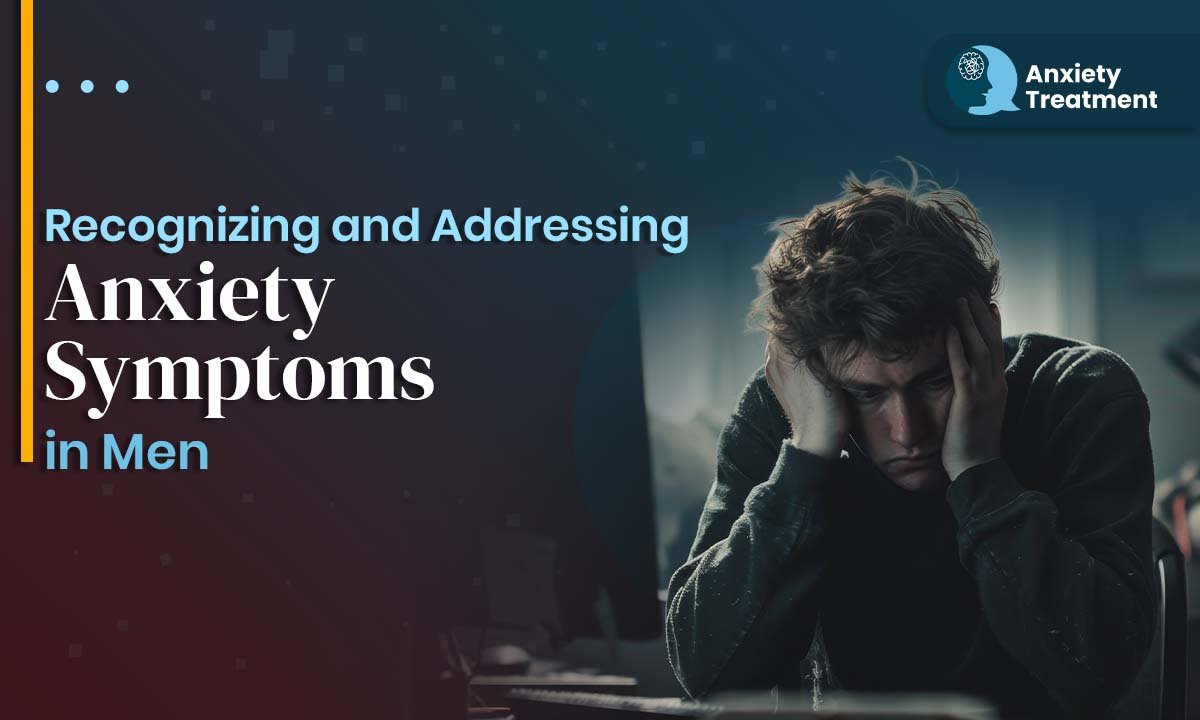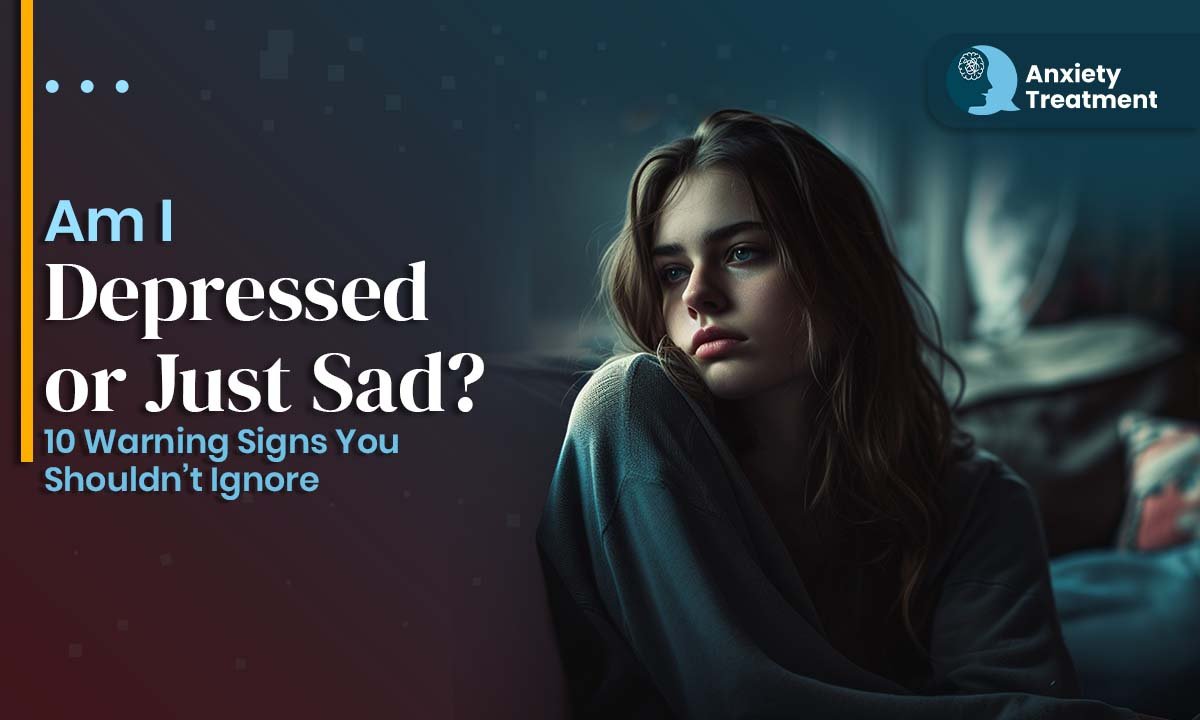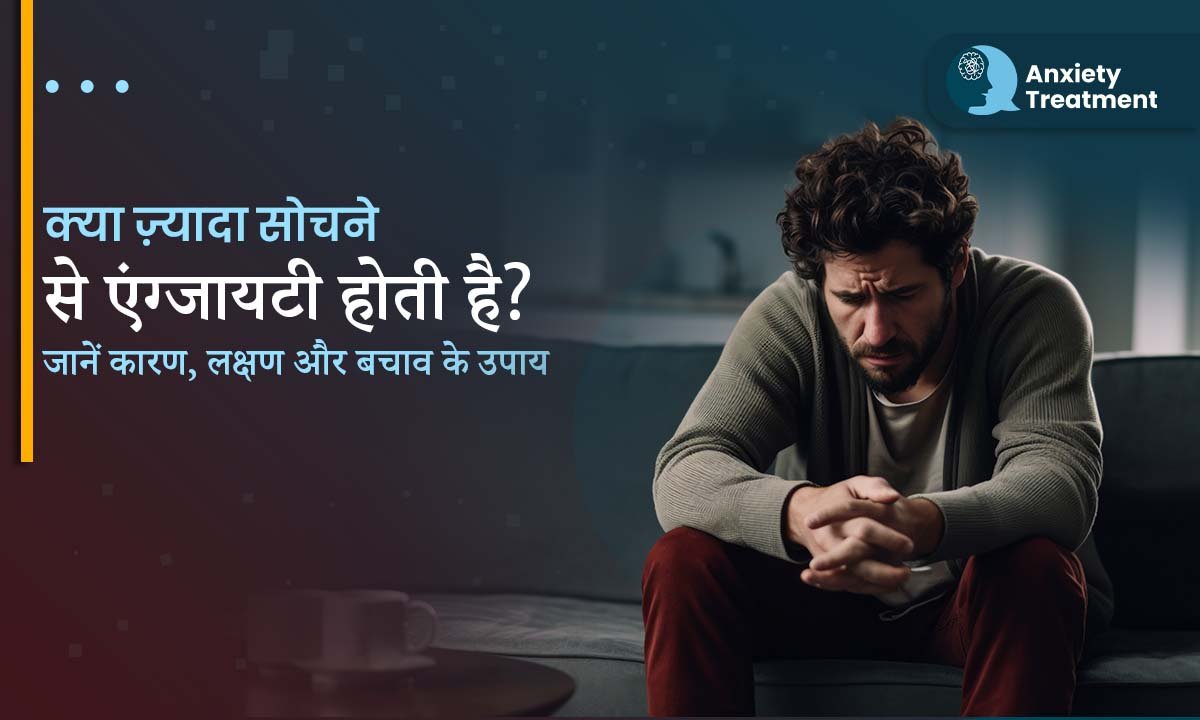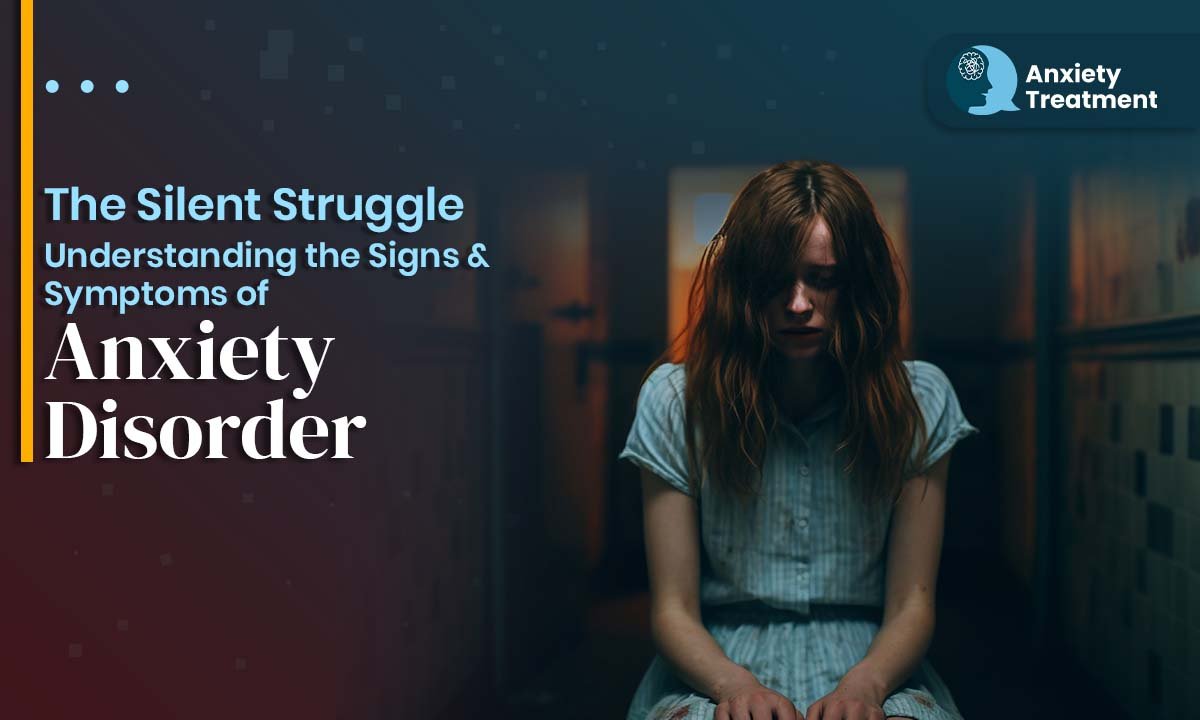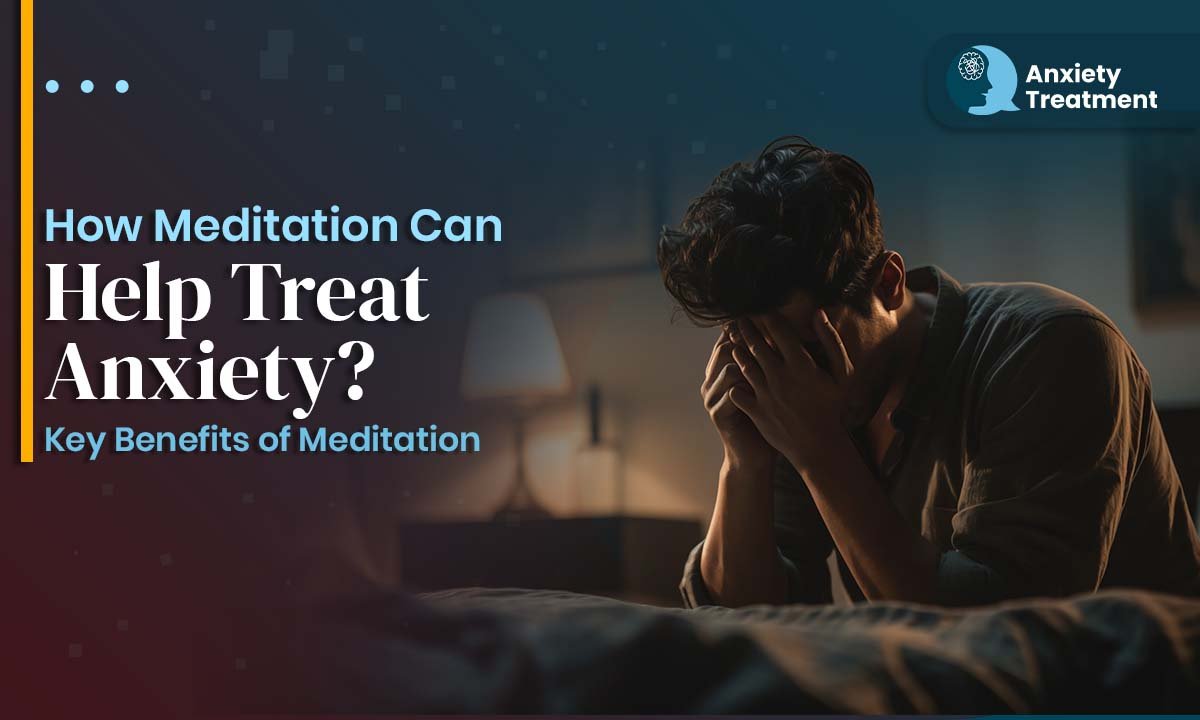Recognizing anxiety in men often requires looking beyond surface behaviors. If you or someone you know is experiencing any of the following changes, it may signal underlying anxiety:
- Withdrawing from relationships or social settings
- Becoming increasingly impatient or restless
- Experiencing frequent mood swings
- Losing interest in hobbies or activities once enjoyed
- Developing obsessive routines or thought patterns
Understanding these signals can empower men to acknowledge their anxiety and take proactive steps toward healing.
How Anxiety Affects Men Differently
Research suggests that while men are less likely to report feelings of anxiety, they may suffer more intensely when it goes untreated. This can result in:
- Increased risk of substance abuse
- Greater likelihood of burnout
- Strained relationships
- Long-term physical health issues
One of the most dangerous aspects of untreated anxiety in men is its ability to contribute to depression and, in some cases, suicidal thoughts. This makes early intervention and awareness especially vital.
Barriers That Prevent Men from Seeking Help
There are several reasons why men often avoid talking about their mental health:
- Stigma: Many men fear being seen as weak or incapable.
- Lack of Awareness: Men may not recognize what they’re feeling as anxiety.
- Cultural Norms: Societal pressure to \"tough it out\" can discourage vulnerability.
- Fear of Judgment: Some worry about how friends, family, or coworkers will respond.
Breaking through these barriers starts with open conversations, education, and normalizing the idea that mental health is health.
How to Address Anxiety in Men - Steps Toward Healing
Here are some practical and effective ways to deal with anxiety symptoms in men:
1. Talk About It
The first step is recognizing and acknowledging the problem. Talking to a friend, partner, or therapist can open the door to healing.
2. Seek Professional Help
Therapists, especially those trained in cognitive behavioral therapy (CBT), can help identify thought patterns that fuel anxiety and offer techniques to change them.
3. Lifestyle Changes
- Regular exercise
- Nutritious diet
- Limiting caffeine and alcohol
These changes can significantly improve mood and lower anxiety levels.
4. Practice Mindfulness
Meditation, deep breathing, and journaling are excellent tools for managing stress and staying grounded.
5. Educate Yourself
Understanding more about anxiety helps reduce its power. Knowing it’s a medical condition not a personal weakness can remove shame and promote self-compassion.
Conclusion - It’s Time to Change the Conversation
Anxiety doesn’t discriminate, and men are not immune. By understanding how anxiety affects men and becoming familiar with the signs of anxiety in men, we can better support ourselves and the men in our lives.
Recognizing the problem is the first powerful step toward managing it. Mental strength is not about hiding struggles it’s about facing them with honesty and getting the support needed to thrive.

